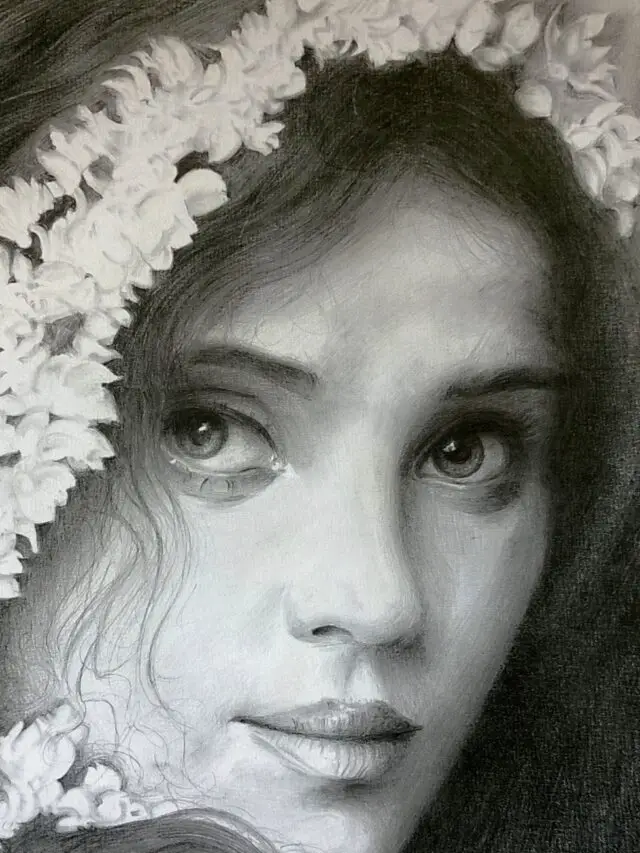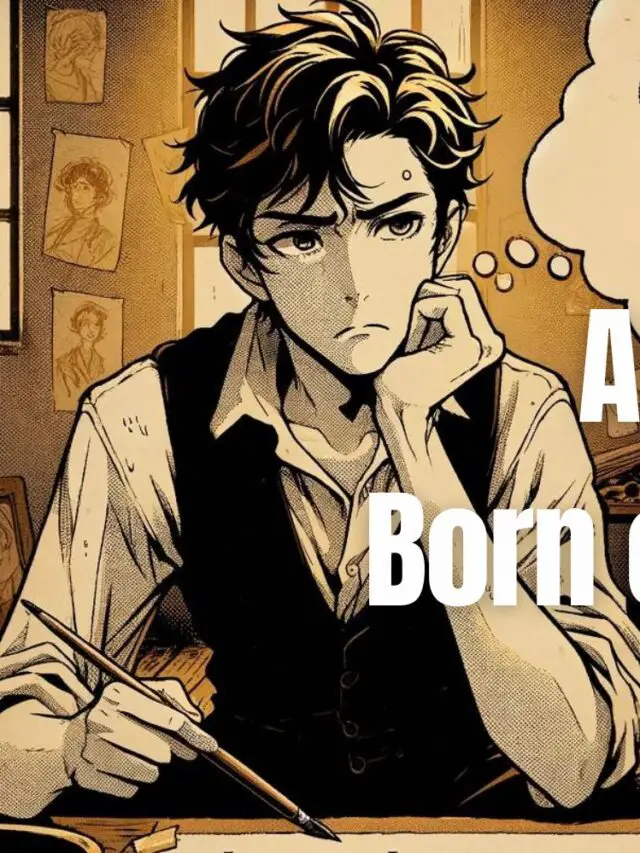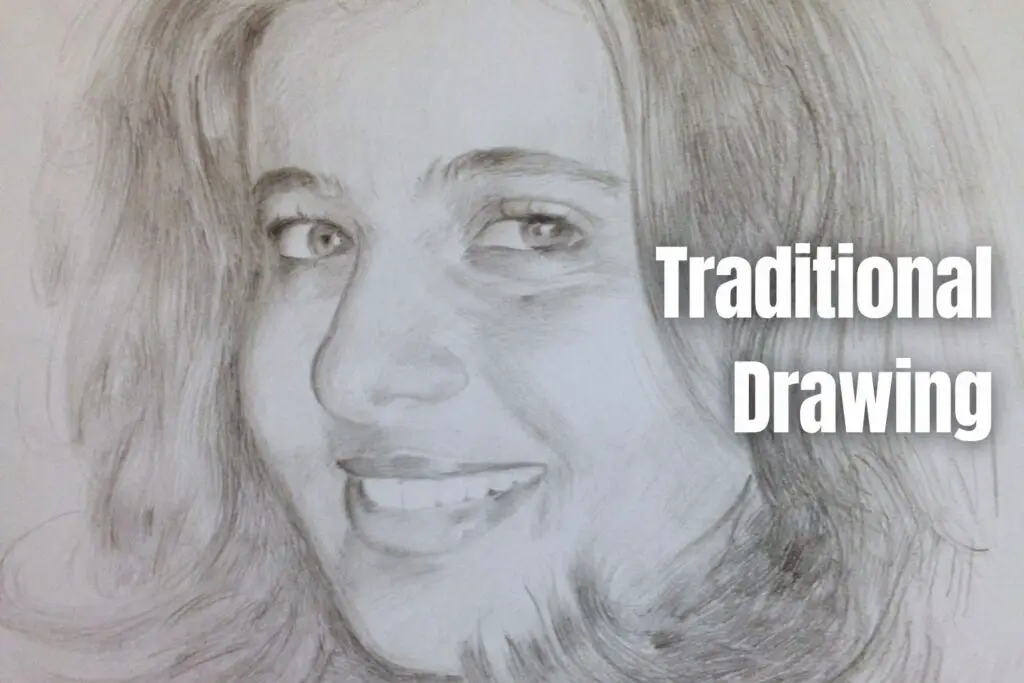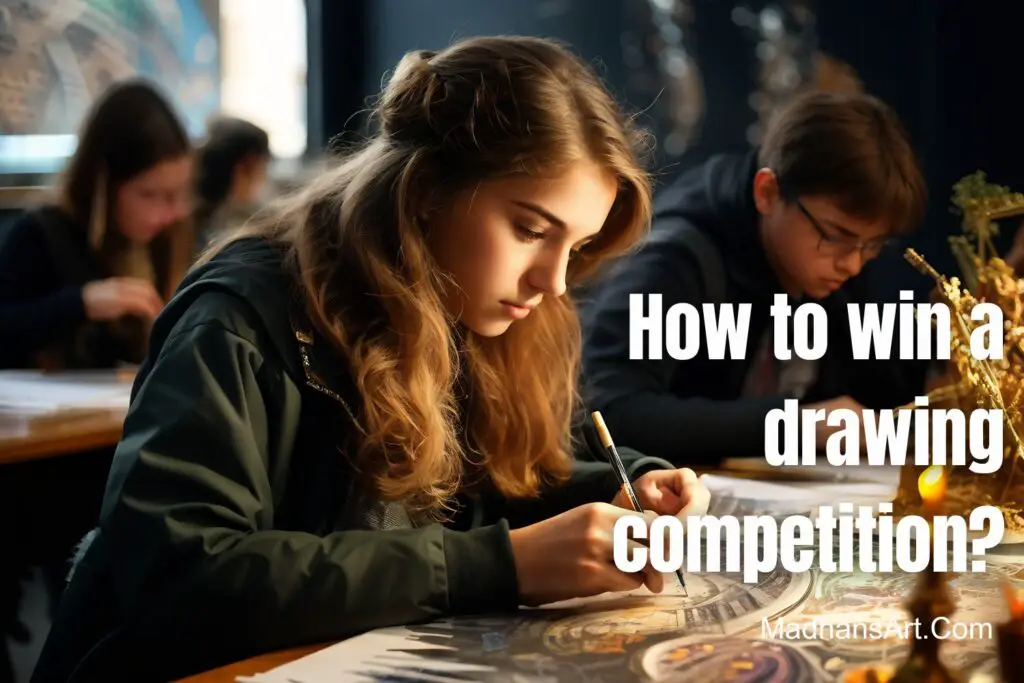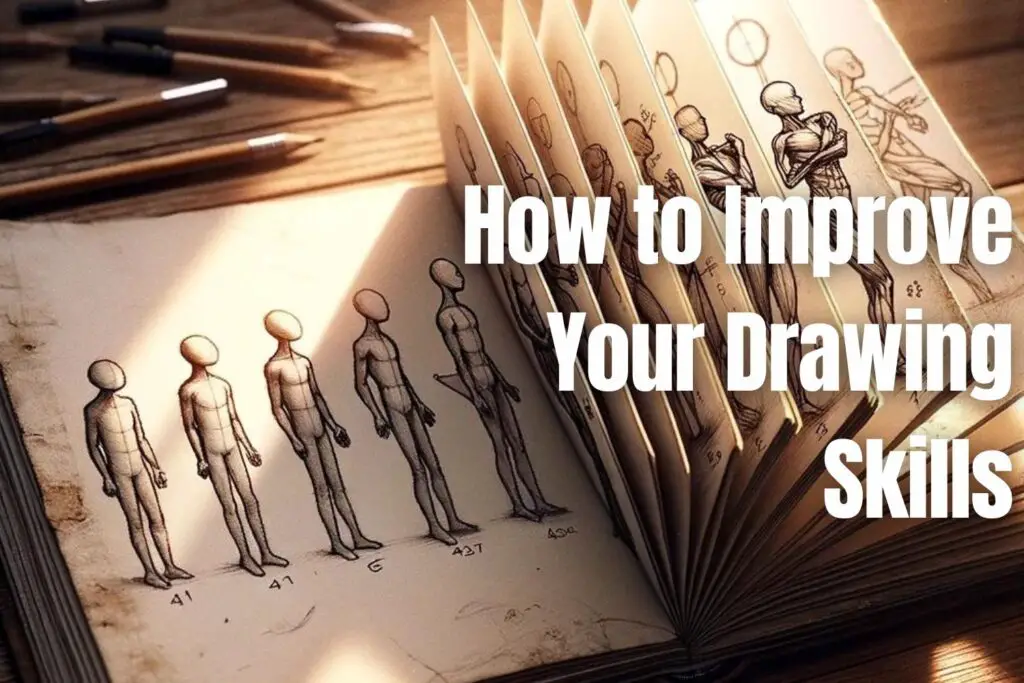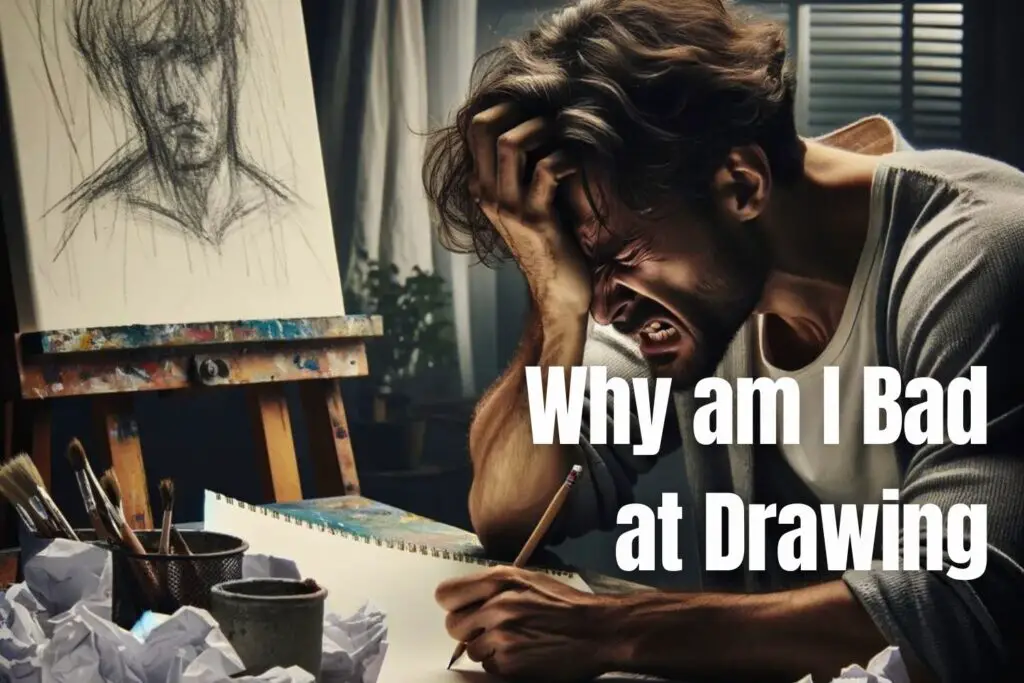Traditional Drawing: Definition, Characteristics, Materials and Techniques
Traditional drawing is a skill that has been passed down through generations, capturing human expression and imagination to its core. There is power in simplicity, where an artist with nothing more than a pencil and paper can create artworks of breathtaking beauty and profound meaning. With its rich history and diverse techniques, traditional drawing offers […]
Traditional Drawing: Definition, Characteristics, Materials and Techniques Read More »
